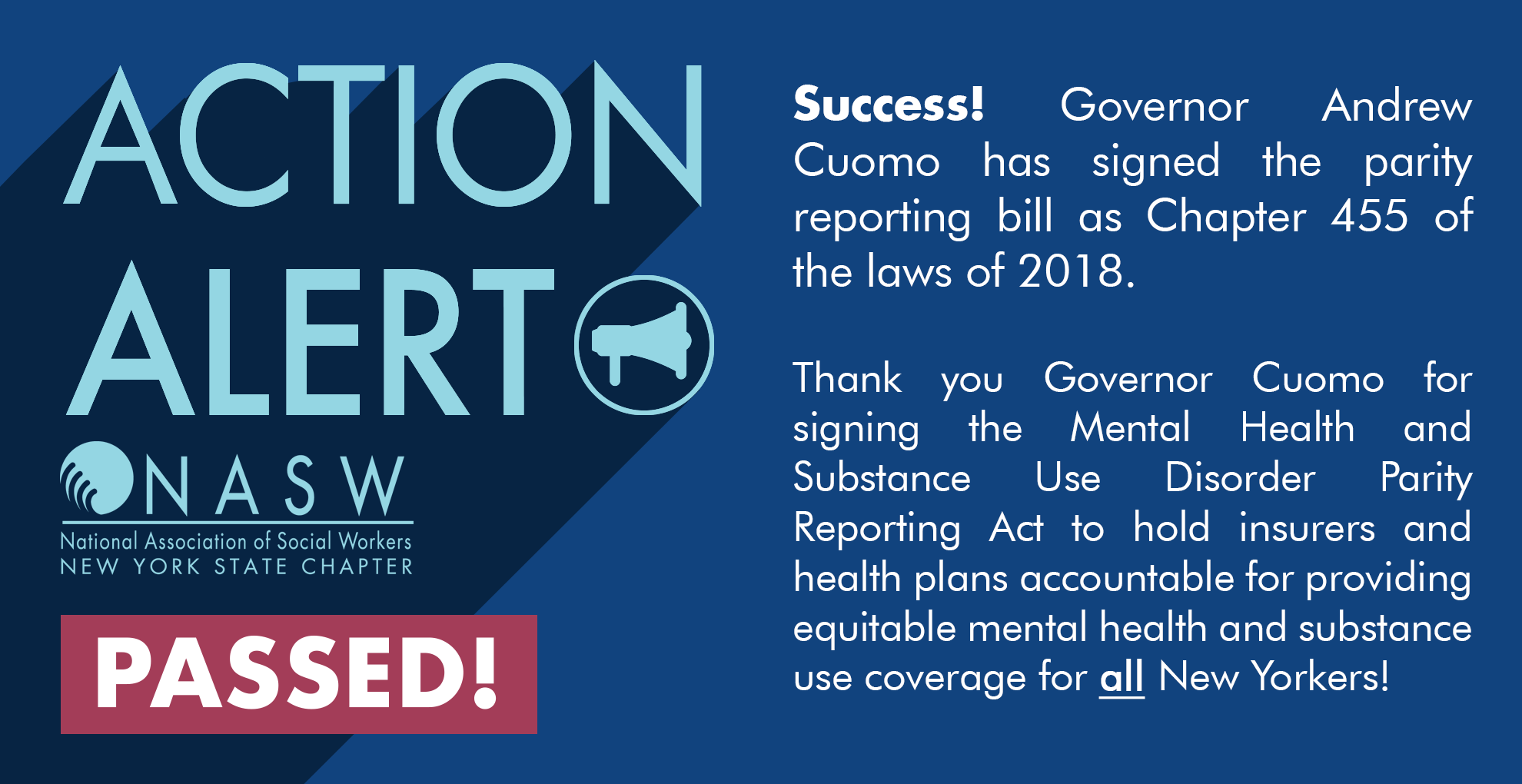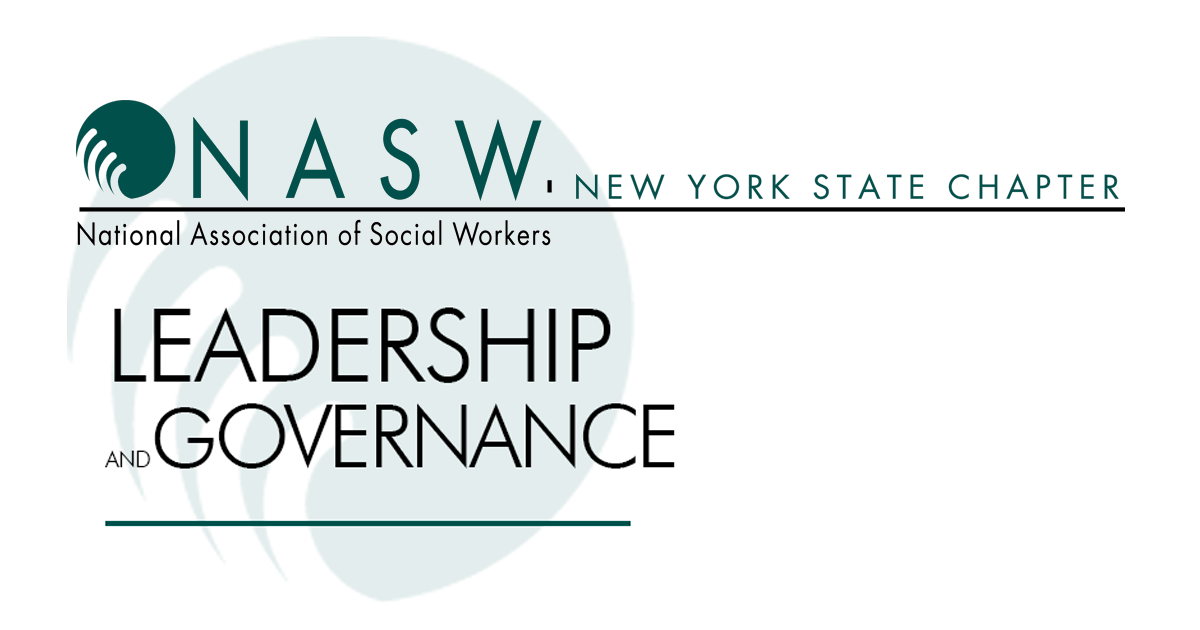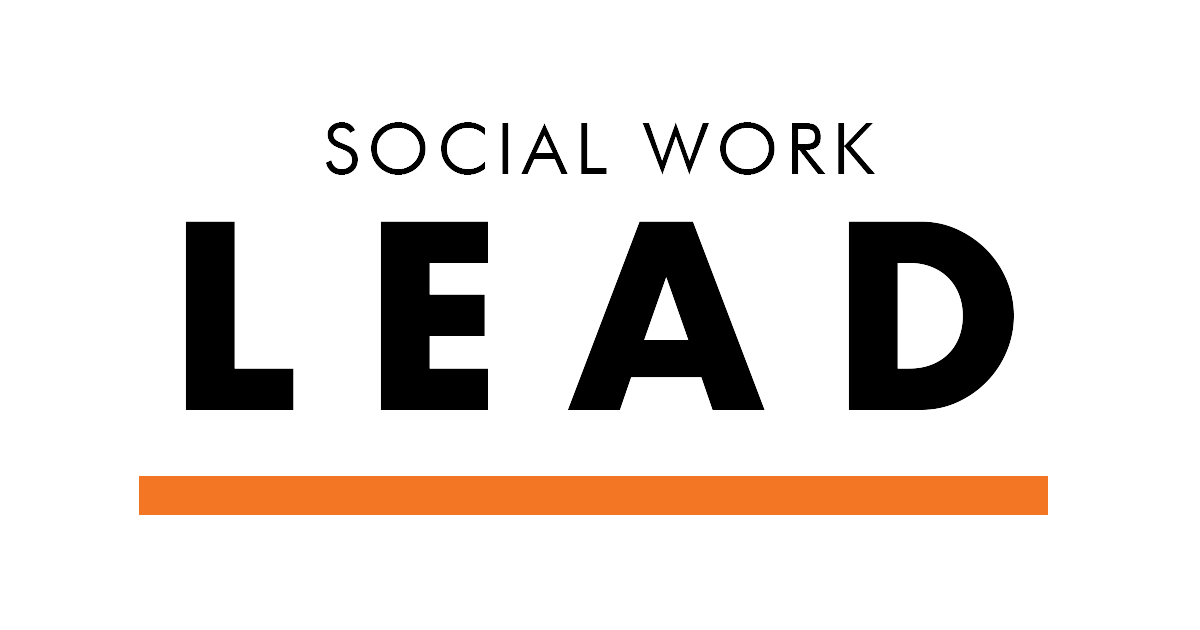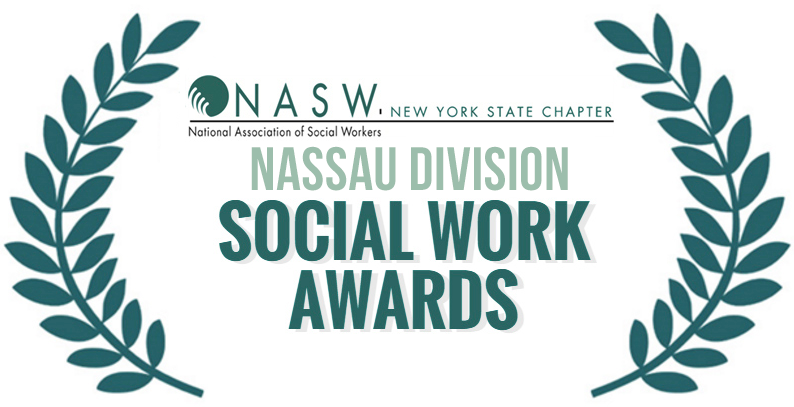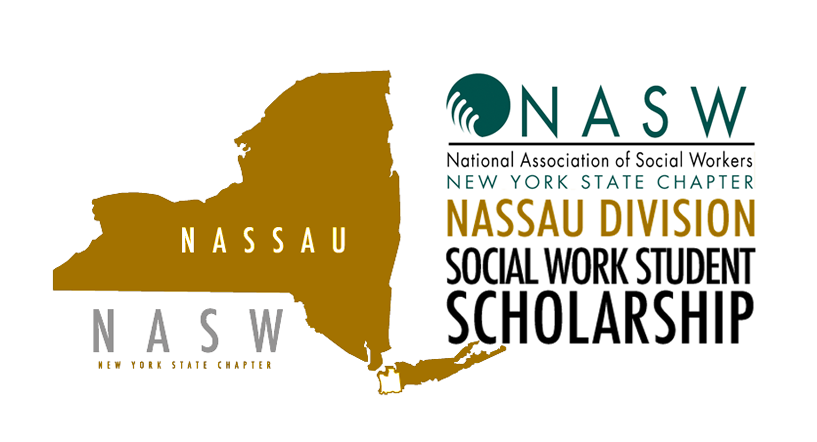Contact Governor Cuomo TODAY as MH/SUD Parity Report Act (A.3694-C) Reaches Governor’s Desk Requiring Action by December 22
NASW-NYS is urging members to contact Governor Cuomo as he decides on whether to approve the Mental Health and Substance Use Disorder (MH/SUD) Parity Report Act (A.3694-C).
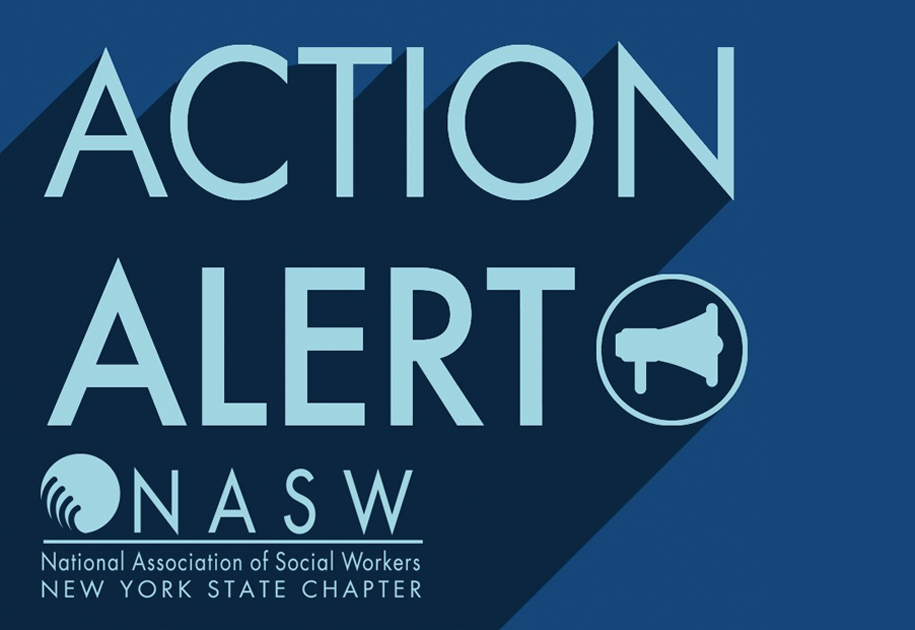
Attention Social Workers: It is imperative that you call and/or email the Governor TODAY as he must decide whether to approve the Mental Health & Substance Use Disorder (MH/SUD) Parity Report Act (A.3694-C) in the next ten days (December 22, 2018), which incidentally falls on the day Timothy’s Law, New York’s parity law, was signed in 2006. This important legislation would provide New York with annual transparency and accountability from insurers, health plans and behavioral health benefit managers on compliance with federal and state MH/SUD parity laws, which, we know from settlements with the New York Attorney General, remains elusive.
Under A.3694-C, insurers, health plans and behavioral health benefit managers will be required to submit certain key data for the purpose of allowing the Department of Financial Services to evaluate compliance with federal and state MH/SUD parity laws and issue an annual parity report. Twenty-two statewide organizations, as well as five national organizations, representing mental health and substance use disorder providers, medical specialty societies, as well as consumer representatives of mental health and substance use disorder services, actively support the enactment of this legislation.
While the supporters overcame the vigorous objections of insurers and health plans to secure the bill’s passage by 60-0 in the Senate and 137-1 in the Assembly, we must continue to make sure our voices are heard in the next ten days!
